Reflecting on the fact that you studied and did some online research to learn about Shakespeare and specifically the play of Romeo and Juliet before we started reading it together, what are your thoughts on that process or method of beginning this text study?
I feel that it really helped me understand what each of the characters are like. It helped me understand what the overall play would be like as well based on what kind of topic and characters it had. It also helped me get a good idea of how long it would take, so I could prepare for the kinds of things we did. It’s a great idea to get the kids to study the play on their own, because everyone learns differently, so they can all research things in their own way. Similarly, it’s a good idea to have questions for them to do. Some students may not know what they should be researching and could get lost, so it’s good to have questions for them so they know what they should be figuring out.
How do you think it changed your experience of Romeo and Juliet, having studied it and learned so much about it before reading it together? Give one specific example to help support your perspective.
I find that all the research really helped me understand what was going to happen in the play, so that it would be easier to understand while going through it. I wouldn’t have to ask any questions about what the characters were doing and why they were doing it. However, it took away some of the fun of reading a story. There weren’t any surprises or plot twists, because we studied so much that I knew exactly what was going to happen.
Would you recommend for other students in the future to go through the step of studying Shakespeare and the play elements before reading it? Explain the reasoning for your answer. Pick one – yes you’d recommend it or no you wouldn’t.
I would say yes, it’s a good idea. It would take a much longer time to do the play without any background knowledge since everyone would be asking so many questions about what was happening, and lots of people would still be confused after questions were answered. The only downside I can see is that it makes the play much less enjoyable. If everyone knows exactly what happens, there’s no shock value in the play and it becomes much more dull.
You journalled as Romeo immediately after he killed Tybalt and lost his friend Mercutio. Explain how you felt completing that journalling, first person writing: challenging, easy enough, a breeze? Explain what about it made it this way for you?
I feel that it was pretty challenging. The first part was easy since there were so many things to talk about, but after a while, I really had to stretch out my material. I think that my journal would sound a lot nicer if I hadn’t had to include 500+ words, maybe 330+ would be enough, but I understand that some people wouldn’t be able to include all the information that they want to talk about in just 330 words.
Our debates: You’ve completed many other debates before, you’d shared. How was this debate any different from the others you’ve done previously, or was it different? If it was, in what way was it different? What parts of the planning work helped prepare you for the actual exchange of the debate?
The last big debate I can remember was our debate in health class. That debate was a lot less organized. Instead of having opening statements, rebuttals, and such, we just talked back and fourth. I feel that our health debate was also much calmer. Nobody said anything out of hand, and nobody became flustered of uncomfortable. It was much more formal and up-tight than this debate was. We also had to plan out our last debate along with this one, which is a good thing. If nobody planned their debates, people would begin forgetting what their points were and the debates would be, frankly, a lot less interesting. If everyone’s planned out what they’re going to say, it flows much smoother and the points are clearer and more understandable.
How do you feel your performance of your debate related to your preparation of the debate?
(Ex: I prepared a lot but performed poorly; it might have been because….. )
(Ex: I didn’t prepare much, but performed really well; it might have been because….)
I prepared a lot, and I think I did really well. I put much time and thought into what I was going to say, and what my opponent would say so that I could have a strong rebuttal. I also pin-pointed my strongest ideas, and the ones that related most to my topic. Then, after saying all of them, I proceeded to my more vague points. I did this so that all of the information I was throwing out would seem overwhelming.
What new elements of developing a presentation have you learned from preparing your Comparison Project? List two specific elements you tried that were different from what you’ve done before and how you felt they worked for you in the end.
I learned that I shouldn’t be talking in first person when preforming a presentation. I should talk in the third person instead of saying things like, “I will tell you… I’m going to show you… I’m going to compare…” I also learned that I need to credit my sources when finding a picture; to copy and paste the image address into the PowerPoint. It was also a very helpful experience because I learned how to do a lot of new things in PowerPoint, such as having different coloured slides.
Are you becoming more comfortable with speaking projects and activities? Explain.
I was always pretty comfortable with talking in front of an audience. However, I feel like I’ve learned more about myself by watching videos about how I present things, so I will know how to improve and to try stopping myself from making the same mistakes in the future.
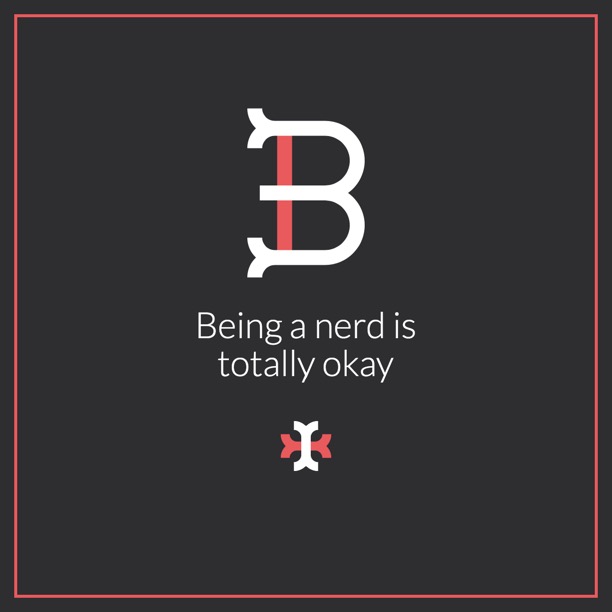

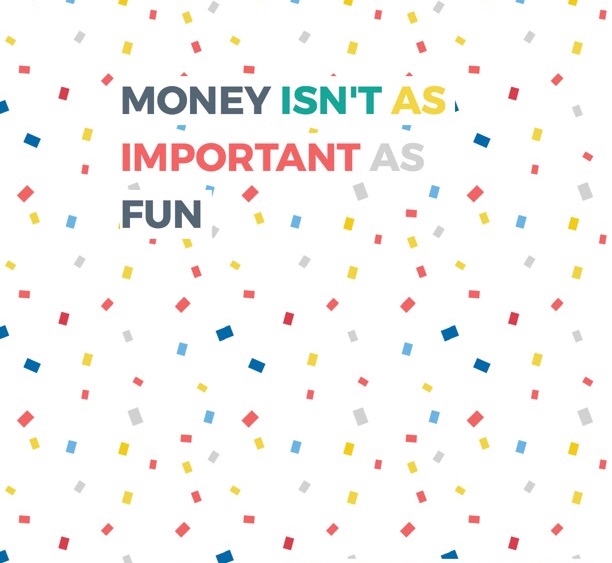
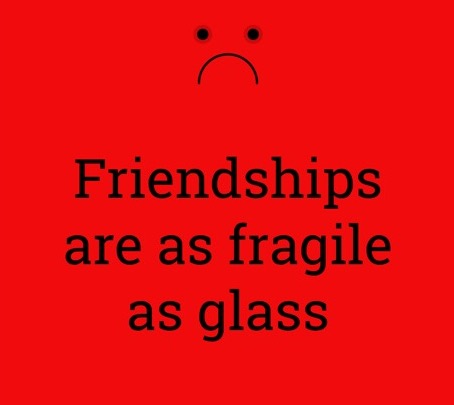
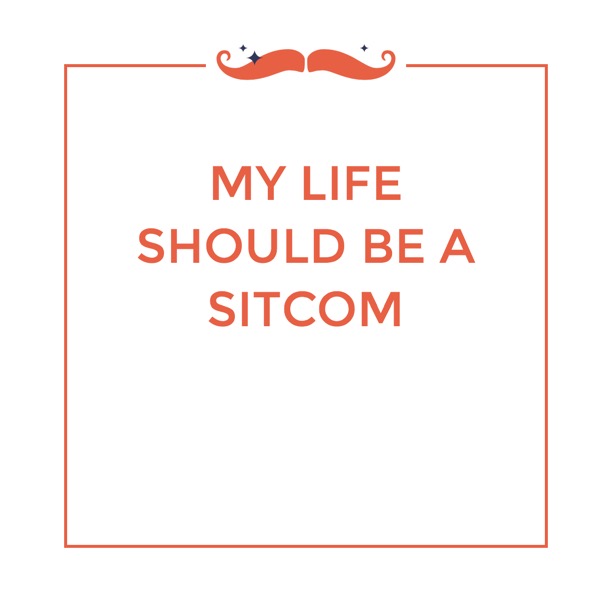
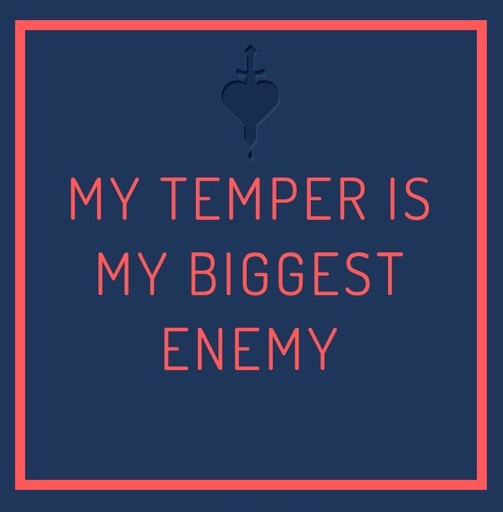
 For our ELA project, we created 6 word memoirs that represented who we are. Basically, we had to come up with sentences that had only 6 words that were supposed to represent who we are. Some are metaphors/similes, some have alliteration, some don’t have anything.
For our ELA project, we created 6 word memoirs that represented who we are. Basically, we had to come up with sentences that had only 6 words that were supposed to represent who we are. Some are metaphors/similes, some have alliteration, some don’t have anything.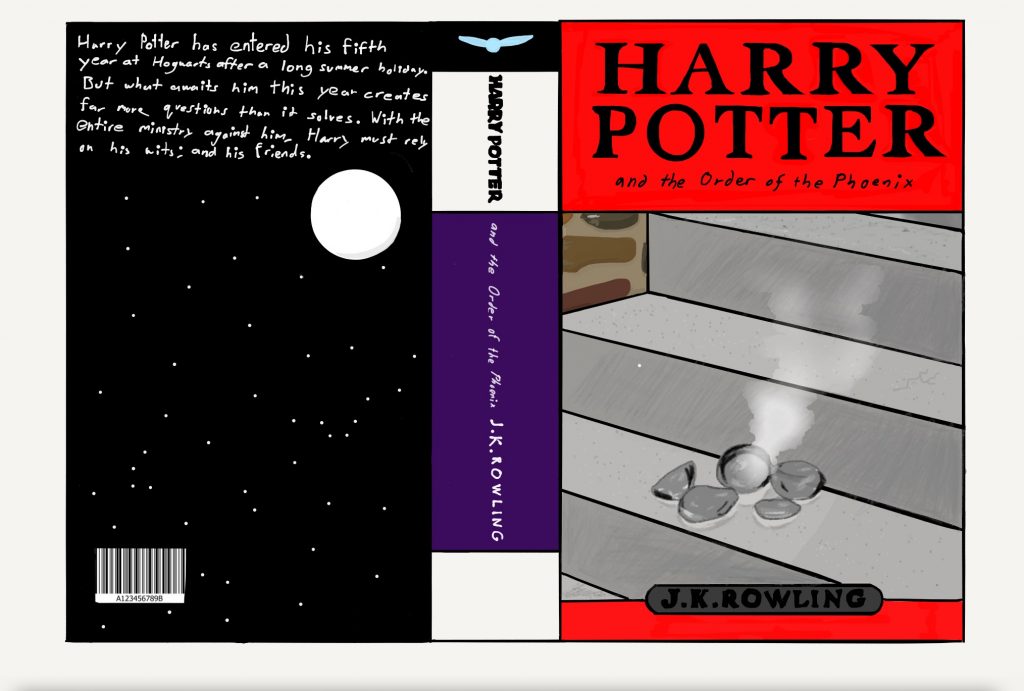 My ELA project was to make a visualization about a book I’ve chosen to read. I’ve recently been reading through the Harry Potter series, and I just finished Harry Potter and the Order of the Phoenix. This book is absolutely fascinating, I couldn’t stop reading it. There were so many parts of the book that I wanted to recreate for the cover, it was hard to decide. I’m not going to say exactly what I did for the front; it’s kind of a spoiler. This project was a lot of fun to do, but sometimes I felt like I wanted to snap my iPad in half out of rage since some of the tools I was using just didn’t work. Then, when we finished, we did an audio recording of a reflection we made. It should be in my blog, and the link is right here: https://swaggerswoog.edublogs.org
My ELA project was to make a visualization about a book I’ve chosen to read. I’ve recently been reading through the Harry Potter series, and I just finished Harry Potter and the Order of the Phoenix. This book is absolutely fascinating, I couldn’t stop reading it. There were so many parts of the book that I wanted to recreate for the cover, it was hard to decide. I’m not going to say exactly what I did for the front; it’s kind of a spoiler. This project was a lot of fun to do, but sometimes I felt like I wanted to snap my iPad in half out of rage since some of the tools I was using just didn’t work. Then, when we finished, we did an audio recording of a reflection we made. It should be in my blog, and the link is right here: https://swaggerswoog.edublogs.org